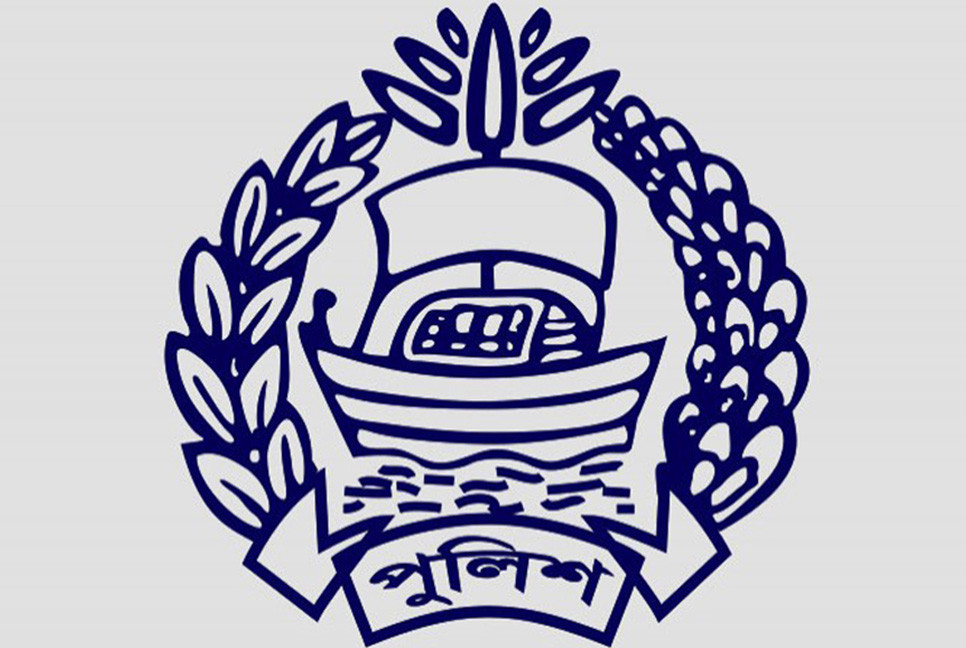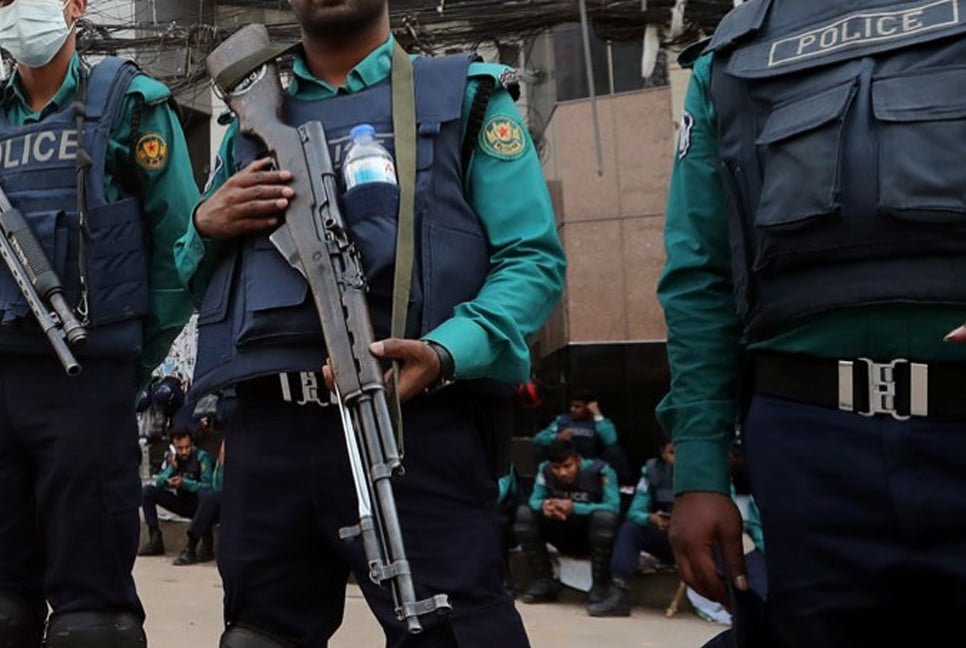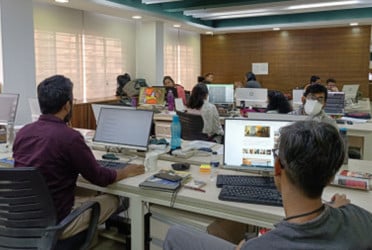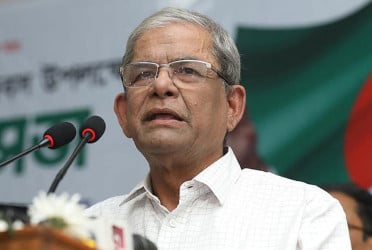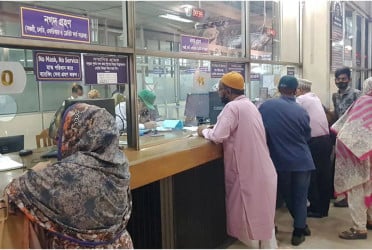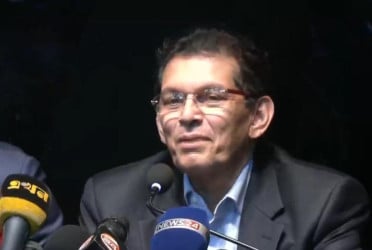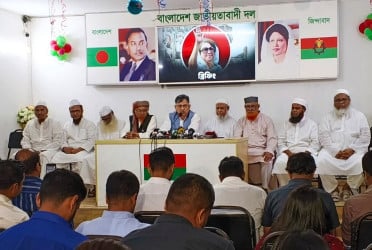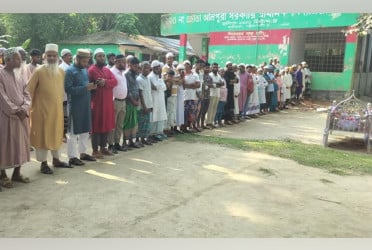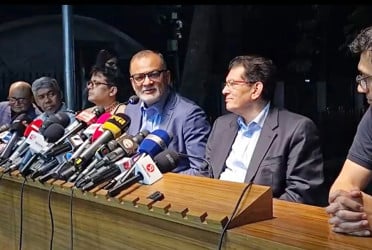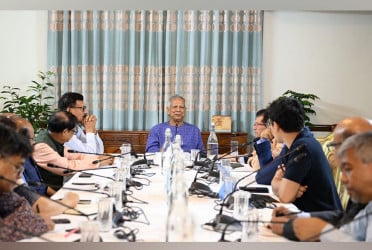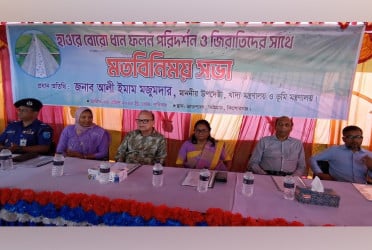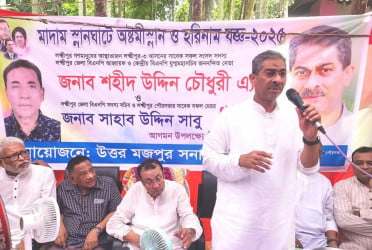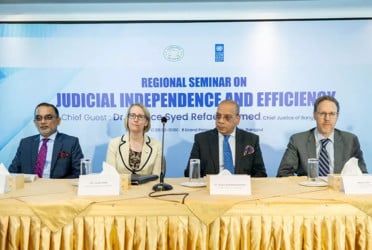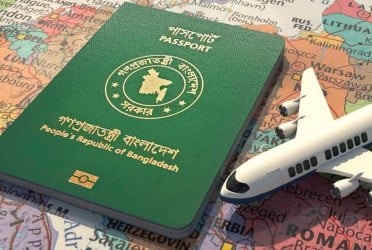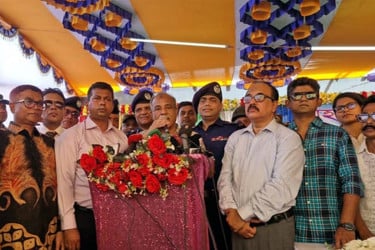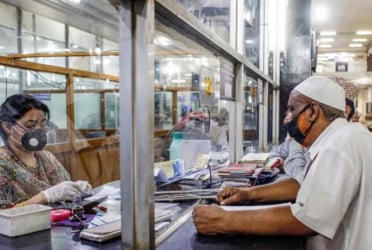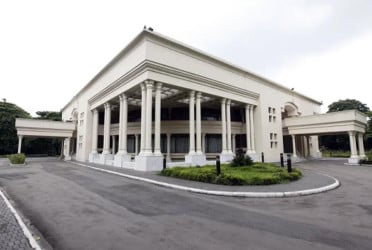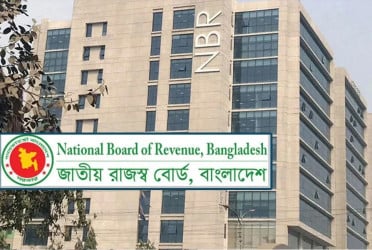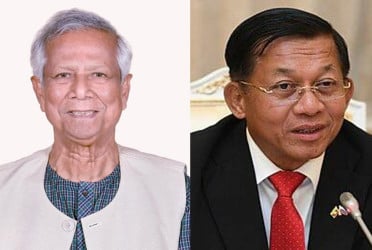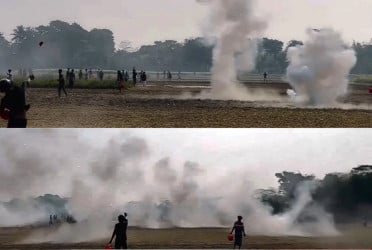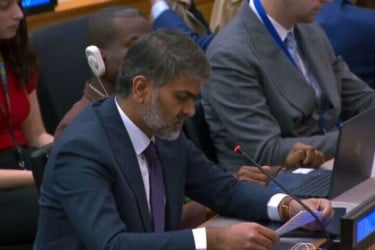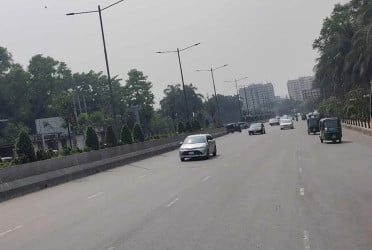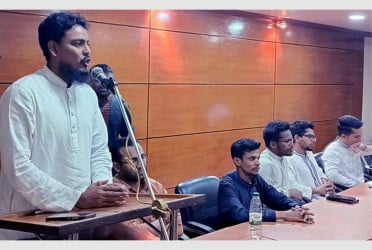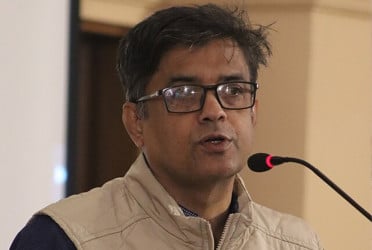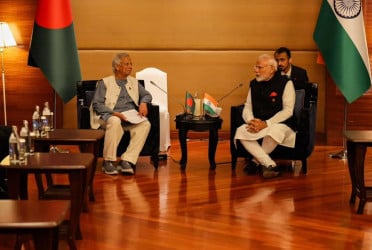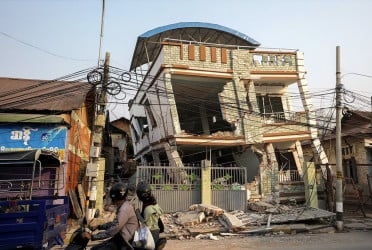The Police Reform Commission proposed that the Human Rights Commission will ensure police accountability and will expand its scoop in need.
A total of 15 recommendations have been made in the report including reducing usages of lethal weapons and implementing a five-step approach to mob control.
The commission emphasizes on working hours, medical core formation, raising the numnber of female members in the force to 29,248.
The 9-member commission, led by Safar Raj Hossain, on Wednesday submitted its final report to the Chief Adviser Dr Muhammad Yunus at his office in Tejgaon. The report comprises of 130-page report and 150-page annex.
It is learned that a total of 24,442 respondents took part in the survey titled “Kind of Police You Want”.
In the survey, 89.5% respondents demanded an end to the political use of police and ensuring holding police accountable. 74.9% respondents were in favor of holding the criminal police accountable and punishing them, considering the extreme violation of humanity in cases of disappearance and extrajudicial killings. 95% wanted reform of the culture of false or missing cases.
However, many high rank officials expressed their anger as many “proposals” from police headquarters were not included in the final report.
These officials, on condition of anonymity, said that we did not have many expectations. The two-tier appointment was very important. The reform commission overlooked it.
Former additional secretary Mohammad Iqbal, a member of the commission, said that they have submitted the report. “The political government will decide whether to form a commission or not. We have given special attention to ensuring accountability and human rights. I do not want to say anything more than that,” he added.
The report states that no accused [didn’t mentioned in FIR] can be arrested without a court order. There must be a separate interrogation room with a transparent glass wall in every police station for interrogation.
Prisons and vehicles for arrestee must be clean, and women accused must be interrogated in the presence of woman officers.
These issues have been described in detail on pages 37, 41 and 63 to 65 of the final report.
The commission strongly recommended that the Human Rights Commission be given the power to take all direct steps to investigate allegations of human rights violations by members of law enforcement agencies. If any allegations of human rights violations are raised by or at the instigation of law enforcement agencies, the head of the concerned agency should himself be able to order an investigation.
For this, a human rights cell should also be set up in the head office of the concerned law enforcement agency. The report proposes the formation of a “Police Commission” for an influence-free and accountable police force.
It is advisable that the proposed Police Commission is a statutory body under the law or an institution under the constitutional framework based on expert opinion on the relevant issues. Because the formation of the Police Commission, its scope of work, constitutional or legal obligations, various issues included in the law will need to be analyzed and properly examined.
In the case of police verification, there will be no need to verify the political ideology of the job seeker. For this, all police verifications will have to be completed within a maximum of one month. If additional time is required, the time can be extended up to a maximum of 15 (fifteen) days.
To increase the number of women police, posts will have to be created in the current organogram. It has been recommended to increase it from the current 16,801 to at least 29,248.
Training will be considered a major determinant in the promotion of the police. For this, the authorities will take initiatives for timely training. The concept of posting as “dumping” in police training academies and centers will have to be changed. Talented and skilled officers should be posted there.
Police members should be subjected to regular dope tests and psychological tests.
Working hours should be specified to reduce excessive workload. They should be given incentives if they work more than 8 hours.
It is known that 17 reforms were taken for the police. This time, 18th reforms are being taken. The recommendations of the commission led by Justice Aminur Rahman Khan in 1988 were highly praised.
Crime experts say that the report was very timely and realistic. However, none of them have been implemented. The recommendations to stop corruption in the police were described in detail by identifying specific areas. The submitted report has given special importance to community policing.
It will act as a mirror for checks and balances between the police and the public. In addition, it has been asked to form a citizen security committee to review and improve the law and order situation in every police station. It has been asked to include the subject of policing in the constructive curriculum in educational institutions to create citizen awareness.
Those injured in July and August have been asked to be employed in the police department, considering their capabilities and qualifications. Agencies engaged in combating drug-related crimes have been asked to create an integrated software or database. It has been recommended to set up digital forensic laboratories and automated DNA labs in all divisional cities. It has been asked to form a crime scene or ballistics branch in each division.
It is learned that in a survey by the Reform Commission, 71.5% (approximately) respondents wanted the police personnel concerned to be punished for violating human rights by using excessive force to deal with protests and suppress opposition parties. 68.8% respondents voted in favor of enacting regulations to follow the replaced Standard Operating Procedures (SOPs) incorporating international human rights guidelines. In the survey, 58.9% respondents voted in favor of a regulatory body or commission to keep the police accountable and free from various influences.
Translated by Afsar Munna

